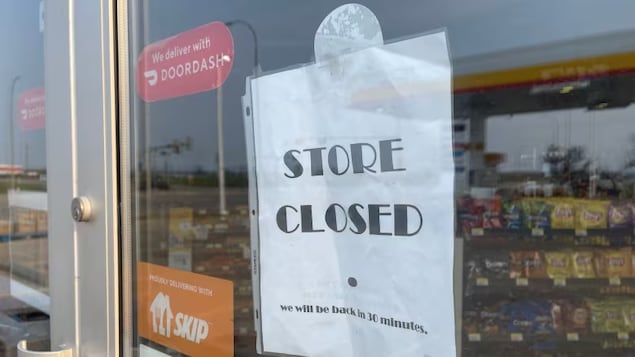(from Washington)
Multilateral organizations exclude the creation of special assistance programs for middle-income countries Suffering from economic crises caused by external positions, despite the claim that Argentina, Chile, Colombia and Bolivia, among other countries, have presented in regional and global forums such as the Ibero-American Summit, the Group of Twenty and the Summit of the Americas.
The COVID-19 pandemic, Russia’s invasion of Ukraine, and climate change are unforeseen situations affecting the global economy. In these cases, the International Monetary Fund (IMF), the World Bank (WB) and the Inter-American Development Bank (IDB) put in exceptional resources that either went directly to poor countries or were distributed equally to all partners regardless of income. per person of its citizens.
“It is necessary to increase the transparency of international financial institutions and Advocating for increased access to credit facilities In order to promote growth and development, rather than speculation,” said Alberto Fernandez at the Ibero-American Summit.
The Argentine president, along with his colleagues from Chile, Bolivia and Colombia, among others, maintains that the financial system of multilateral organizations implements a policy of social rescue that only benefits poor countries and deliberately excludes middle-income countries.
You may be interested:
Alberto Fernandez, with Gabriel Boric, Luis Arce and Gustavo Petro, It asserts that multilateral organizations must adjust their distribution policy Assuming that some country that is not statistically poor needs – yes or yes – additional funds to resolve situational bottlenecks.
The position of the governments of Argentina, Bolivia, Chile and Colombia is a relative position by some important officials of the International Monetary Fund, the Islamic Development Bank and the World Bank. The argument is easy to make: in these multilateral organizations, middle-income countries are said to have resources In itself And that they are just suffering from a serious situation that can be resolved with time.
From this technical perspective, Argentina would have no reason to receive additional aid. It has important resources – food, energy, water and education – and is in a state of drought. “It is true that Argentina is suffering from drought, But Uruguay and Paraguay too. And they don’t ask for anything. They made it clear that its economy is functioning regardless of temporary circumstances. infobae during the spring sessions of the International Monetary Fund.
Resistance to amending the rules for resource allocation by multilateral organizations extends to the International Monetary Fund’s refusal to reduce additional fees paid by some debtor countries. Ukraine and Argentina are part of this group that, for various political reasons, have received exceptional amounts granted by the Fund.
At the G20 in Rome and Bali, a cut in surcharges was proposed to the IMF, and Kristalina Georgieva promised to address this complex issue at the board meeting. The Fund’s general manager kept her word, but the most powerful countries in the Middle East blackboard – The United States, Japan, Germany and Canada – repeatedly rejected the proposal.
The IMF’s evidence shows that surcharges entail a financial penalty applied to countries that have received credits in excess of their contributions as partners, and that these resources are also used to pay for the bureaucratic machinery of the multilateral organization that created them. Bretton Woods Agreements in 1944.
Without reforming the way resources are distributed and the percentage of surcharges, countries like Argentina are looking for other sources of multilateral financing. In this context, Sergio Massa’s participation in the spring sessions of the International Monetary Fund had this strategic objective. Minister of Economy It aims to conclude new credit agreements with the Islamic Development Bank and the World Bank.
Read on:

:quality(85)//cloudfront-us-east-1.images.arcpublishing.com/infobae/PPH5C7Q22DAKSEZ3T54XDPFCHM.jpg)



